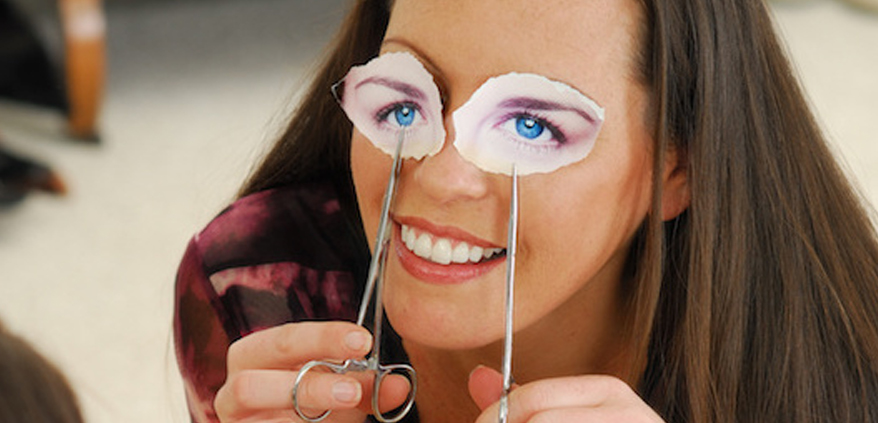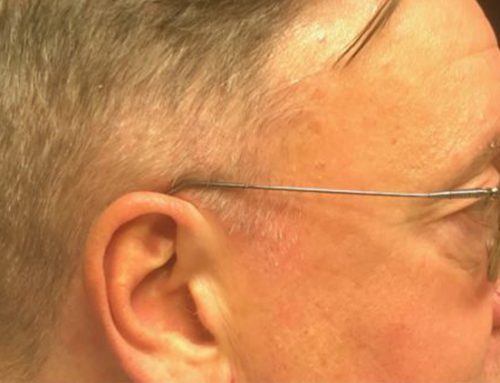When was the last time you looked in a mirror and said, “Dang, I’m just perfect the way I am.”
Was it this morning? Good for you.
Was it…never? You’ve got company.
Most of us have things we don’t like about our bodies, and sometimes plastic surgery is a terrific solution–but sometimes it’s not. Either way, it is a personal decision that takes time.
Advancements in medical technology and techniques have made plastic surgery an option for more people than ever before. In 2016 alone, “there were 17.1 million surgical and minimally-invasive cosmetic procedures performed in the United States.” That’s according to the American Society of Plastic Surgeons.
Not only are more people choosing plastic surgery, more people are also voicing their opinions about it–good and bad. This can muddy the waters when it comes to making the decision to have plastic surgery yourself. But it is a decision only you can make, and it is something you should take your time with:
a) to make sure you are doing it for the right reasons,
b) to establish realistic expectations, and
c) to choose the right surgeon for you.
Choose plastic surgery for the right reasons
Don’t have plastic surgery because someone else wants you to. People will come and go in your life, but you and the changes you make to your body will be together forever. Make sure you are the one who wanted to make those changes.
And no matter how much plastic surgery you choose to have, you are still going to be you in the end. Don’t have plastic surgery to look like Taylor Swift, or Beyoncé, or [insert name here]. You’ll only be disappointed. Think of plastic surgery as a way to enhance what you’ve got, not to obliterate it.
Check your expectations
Plastic surgery is also not going to solve all your life’s problems. Perkier breasts won’t save your marriage. A new nose won’t guarantee a promotion. And while cosmetic surgery can give you a boost of confidence and add to your self-esteem, it cannot fix big underlying psychological issues.
In other words, plastic surgery is not a cure for anxiety, depression, or conditions like body dysmorphic disorder. According to the Anxiety and Depression Association of America, people with body dysmorphic disorder (BDD) can suffer severe emotional distress over real and perceived problems with their bodies. And, when they do undergo plastic surgery to “fix” the problem, they are rarely satisfied.
Our happiest patients are those who go into surgery with realistic expectations. They have done their homework and know specifically what they want done. For example, to make their nose smaller, or to enlarge their breasts two cup sizes. Poorly defined expectations, like “just make me beautiful” or “I want to look younger” can result in disappointment because these generalities can mean something different to everyone. Self-perception is highly subjective.
Choose the right surgeon for you
Worse than vague expectations, are those you keep to yourself. Make sure you find a plastic surgeon you can communicate well with. Openness and honesty are critical to getting the results you want. Tell your plastic surgeon what you want and he can tell you if it is possible or realistic. He can also tell you if the solution you are looking for has a less invasive option, like Botox or filler injections (or even just a good eyebrow wax). Sometimes the best thing a surgeon can tell you is no.
Finding the right surgeon can take time. But when making a decision about plastic surgery, time is your best tool. Time will allow you to the get the results you are looking for because with it, you can learn about your options, get as healthy as you can before surgery, schedule a procedure and recovery to fit your life, and plan for it financially.
Ready to invest that time in yourself? Give us a call today for your consultation.





